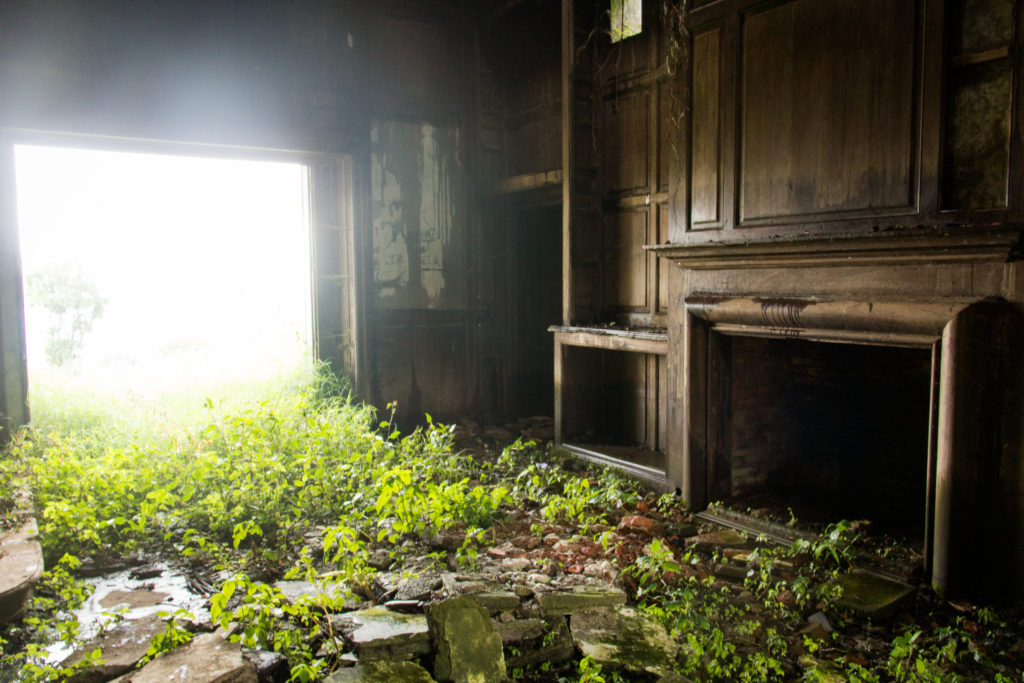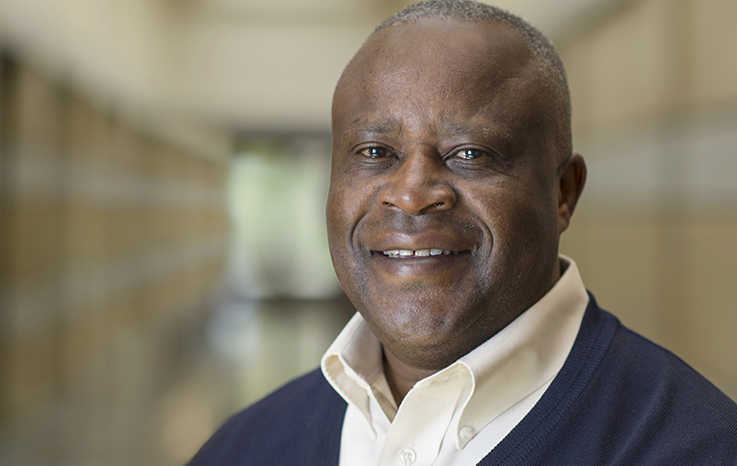
My gratitude to Kyle Lambelet, for organizing this CM book symposium and for inviting professors Bill Cavanaugh, Cecelia Lynch, Tinyiko Maluleke, and Paul Ocobock to review and comment on my Born from Lament. To them I am extremely grateful for having taken the time to read and to respond to Born from Lament. I am very much humbled by the generosity of their reviews and for the many positive comments and sentiments of praise for the book’s argument, style and structure. That all the commentators praised the book as providing a fresh, provocative and unique contribution to scholarship in general and African theological scholarship in particular is in great part due, I think, to its the methodology of portraiture, which as Maluleke notes, lends “the narrative of the book the correct cadence, the right density of argument, as well as the necessary depth of inquiry.” While on the whole the reviews are celebratory, they also raise a number of critical issues. Maluleke, in particular, questioned whether the text engaged with the rich plurality of theological discourses across Africa. Instead of responding to each of the critical elements one by one, I thought it might be best for me to highlight five key features of Born from Lament. Doing so allows me not only to rehearse some conclusions regarding the book’s unique contribution, but also to respond to the critical issues raised by the reviewers.
1. Beyond dichotomies
Both Cecelia Lynch and Bill Cavanaugh are right that attending to the visceral register of lament allows one to glimpse the possibilities of a new form of sociality (politics) that disrupts the conceptual dichotomies imposed by “modernity”: politics/religion, public/private, secular/religious, state/church, and to these binaries, I would add ‘individual/community’, ‘modern/traditional,’ male/female, and Catholic/Protestant. What is reflected in the lives of the individuals whose portraits I develop is a politics of excess (“excess of love”) that is neither modern nor traditional, Catholic nor Protestant. In this connection, Maluleke is wrong both factually (to claim that I attend only to Catholic actors and neglect non-Catholic actors: Angelina Atyam is a born again Evangelical; David Kasali is a Pentecostal pastor of the Africa Inland Church), but also conceptually, to imagine that the politics of this ‘excess of love’ can still be defined through the traditional registers of denominational confines. It is this excess that also partly provides a response to Lynch’s question (whether the excess of love is for Christians alone or also for non-Christians), and to Ocobock’s question as to whether lament is a personal experience with God alone, or something performed within the expansive community network. What I hope is revealed through the different portraits is not only how suffering and violence shatters communities, but also how lament (as resistance to this shattering) generates a community of compassion and an agency of advocacy on behalf of suffering others. In this way, the expansive community generated by lament disrupts the usual binaries individual/community, Christian/non-Christian. Accordingly, what I find particularly telling of the different portraits is that precisely because they are grounded within their particular convictions, the communities they form display a radical sense of hospitality and inclusiveness that explodes and reconstitutes the boundaries of ‘who are my people.’
2. Redefining politics beyond Denmark
In Born from Lament, I argue that what the visceral experience of lament (Jeremiah, Jesus and Munziriwa) is about is the very heart of politics. The goal of their lament and protest is not simply to call politics to make room for the visceral (to appear now and again); it is not simply for politics to become more just, more caring or more democratic; they call for a re-definition (re-invention) of politics itself. Lynch is thus right to note that my project is far more radical than that of William Connolly, in that I am concerned about the ontological and epistemological foundations of a non-violent society. What Born from Lament seeks, and to a great measure succeeds in doing, is to reveal that the “foundation” of this politics of non-violence lies in unfathomable depth of human suffering and the solidarity (with God and with others) that this experience of can generate. This is where my project is fundamentally at odds with Paul Gifford’s celebration of Denmark as the telos of Africa history. Gifford’s Denmark is the epitome of the “officially optimistic society” (Douglas Halls), whose optimism is grounded in a refusal to embrace/accept suffering and thus the political possibilities that could, as Archbishop Christophe Munzihirwa would put it, be seen only by eyes that have cried. Cavanaugh is right: my trouble with Gifford’s Denmark (as telos) is that it lacks eschatology. The latter would not celebrate the kind of disenchantment that Gifford proposes; but rather for a re-enchantment of our political imaginations so as to connect our mundane efforts to something deeper, something beyond and outside us.
3. The necessity of the theological
This might be the reason, and this is my third point, why a theological register might be necessary to attend to the visceral lament in our lives. If the portraits of lament in Born from Lament serve as critique of the forms of politics that are grounded on violence, which in Africa takes the form of the wanton sacrificing of the poor and weak in the self-aggrandizing libido dominandi of Africa’s political elites, they also point to the limits of secular politics, which is driven by technology and seeks to deny the experience of human suffering (thinking here again of Gifford’s “Denmark”). Embracing the reality of suffering as part of our creaturely existence and basis of our sociality also involves recognition that Africa, indeed the world, needs salvation, which lies beyond even our best efforts. Often enough it takes the visceral shattering of lament to realize this simple, but profound (i.e. saving) truth. Writing as a theologian, I was interested to trace the logic of this claim in the lives of those individuals who claim to be Christian. But if the portraits helped to confirm that only God can save, they also confirmed that not any type of God, but a particulate kind of God—an intimate, vulnerable God, a God who is born in the gash of human history—has come to dwell among us, revealing not only the depths of God’s love, but also new possibilities out of suffering with us. These new possibilities, born from suffering, include a politics of com-passion and non-violent solidarity. Whereas I am not qualified enough to make a claim that it is similar logic that is underway in the painful journeys of the non-Christian or non-religious, I am concerned that abstracted from this rich ontology, this theological matrix, lament can easily turn into a strategy (similar to ‘mediation’ and ‘reconciliation’). This, I suspect, is the same worry that Ocobock is voicing in noting the danger of ‘stripping’ lament of its theological mooring and making it an item in the toolbox of peacebuilding strategies created by states and nongovernmental organizations. Pointing to the theological grammar of lament and attending to the inner logic of the experience of pain and suffering in the world might be one unique contribution of the theologian-peacebuilder.
4. Descriptive haste or descriptive attention?
While Maluleke credits Born from Lament for coming “close to adding a wholly new dimension of theology in Africa” (he particularly finds my use of poetry, poetic prose and metaphor riveting, and my biblical exegesis impressive and commendable), he nevertheless raises two critical concerns, which I want to respond to in these last two paragraphs. In the first place, he accuses me of ‘descriptive haste’ in claiming that no theological account of hope exists in Africa. Such a claim, he notes, overlooks the rich history (75 years) of published modern African theology, particularly the impressive contributions of African women theologians. Maluleke is right to note that I do not engage or cite African women scholars on the topic of lament. It is not that I am not familiar with the impressive work of African Women Theologians coming from the Circle and beyond. Elsewhere, I have noted that one of the hopeful developments of African theological exploration is the work of women theologians who ‘with passion and compassion’ protest and resist the forms of patriarchy and oppression within both church and society (see my Stories from Bethany). In hindsight, though, I should have engaged some of their literature, especially in my discussion on the need and urgency of hope in Africa, if only to acknowledge their theological quest grounded in lament. Moreover, there are many elements that I share with the likes of Mercy Oduyoye, Nyambura Njoroge and other members of the Circle, notably the attention to story, and the use of poetry, song and metaphor—all of which call for a more explicit connection between my work and the work of African Women theologians. But where I think that my work not only provides a much needed complement to the work of African Women theologians, but also goes deeper, is in the portraits of women that I provide (Atyam, Barankitse, Nyirumbe) which allow the reader to glimpse the liberative internal logic of their faith commitments and the agency that results from this. My work also makes explicit the theology of hope that is at work in the struggles of women like Barankitse, in ways that Oduyoye, Njoroge, and others that call for women’s voice to be heard do not. It is the method of portraiture that allows for this explication of hope, which by allowing me to attend to thick, irreducible particularities of the individual character, ironically also make it possible to make generalizations.
5. East Africa and beyond
Finally, this last point is connected to another criticism from Maluleke, who accuses me of making grandiose claims and generalizations about the continent. Since the portraits I paint are all drawn from the East African region, he suggests that a more appropriate subtitle for the book should be “The Theology and Politics of Hope in Selected Countries of East Africa and of the Great Lakes Region.” I am aware of the ideological and philosophical problems (thanks to Mudimbe and others) associated with the label “Africa”, but I do not see how modifying the title would change much, for even Maluleke’s suggested title involves generalizations about “countries” and the “Great Lakes Region.” Atyam is located in Lira, which does not represent Uganda. Nor is Kasali a representative of the DRC; he operates in Beni, which is very different from Kinshasha. All is to say that generalizations are inevitable. But this is where the true gift of portraiture lies, namely, in allowing one to attend to the historical and contingent details of a story, in a manner that reveals broad themes and general patterns. Portraits are not case studies. Rather, portraiture provides a method of investigation that allows the researcher to listen not only to the story of the individual portrait, but for a story beyond that. Thus, while my portraits are embedded in particular geographical and historical locales in the East African sub region, the story and theology that they reveal is beyond East Africa, in fact, beyond Africa. What the portraits of Born from Lament reveal is a theology and through that theology the possibility of a non-violent politics of solidarity and compassion born out of the deep experience of suffering in the world.

